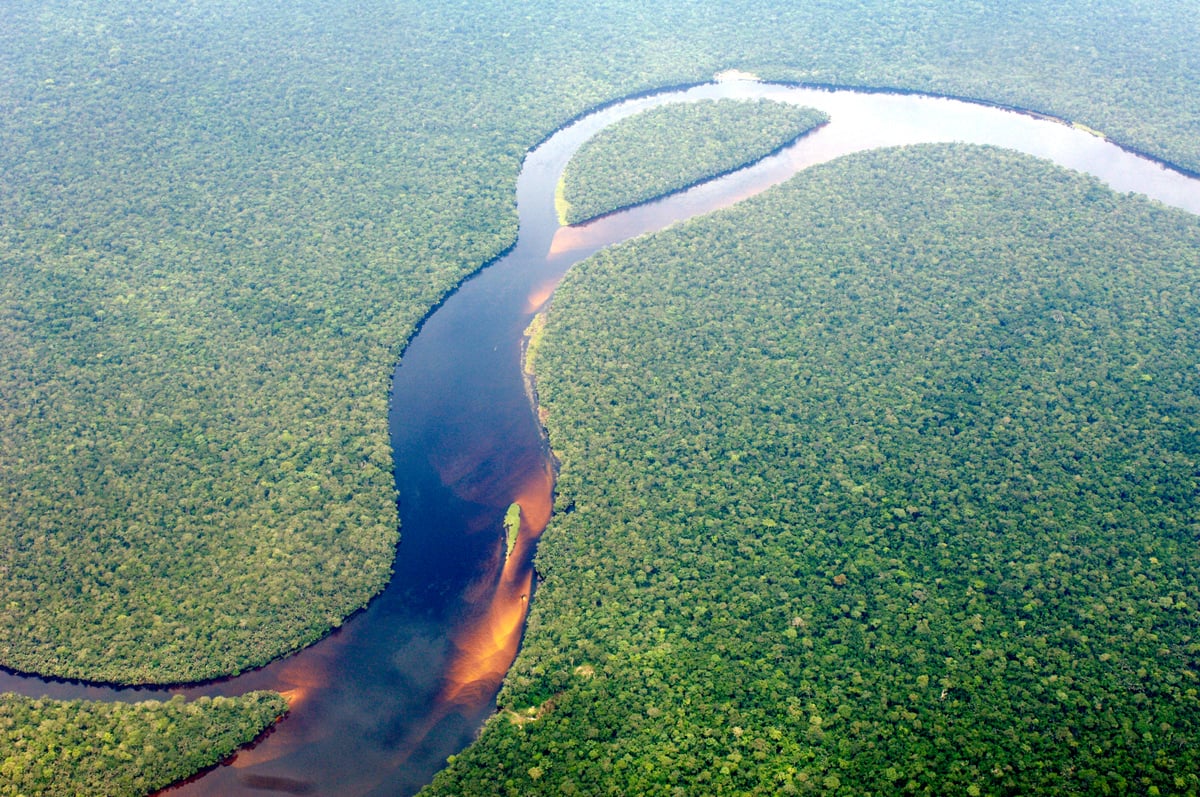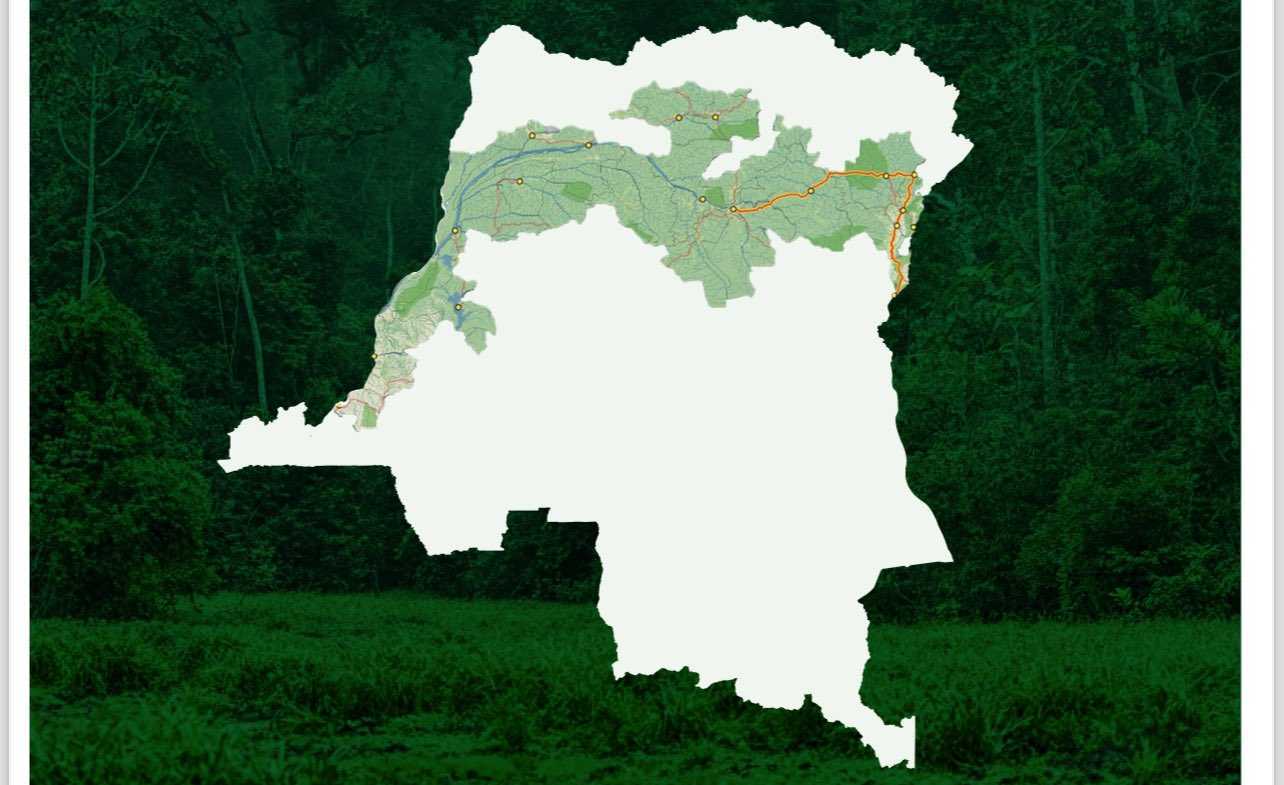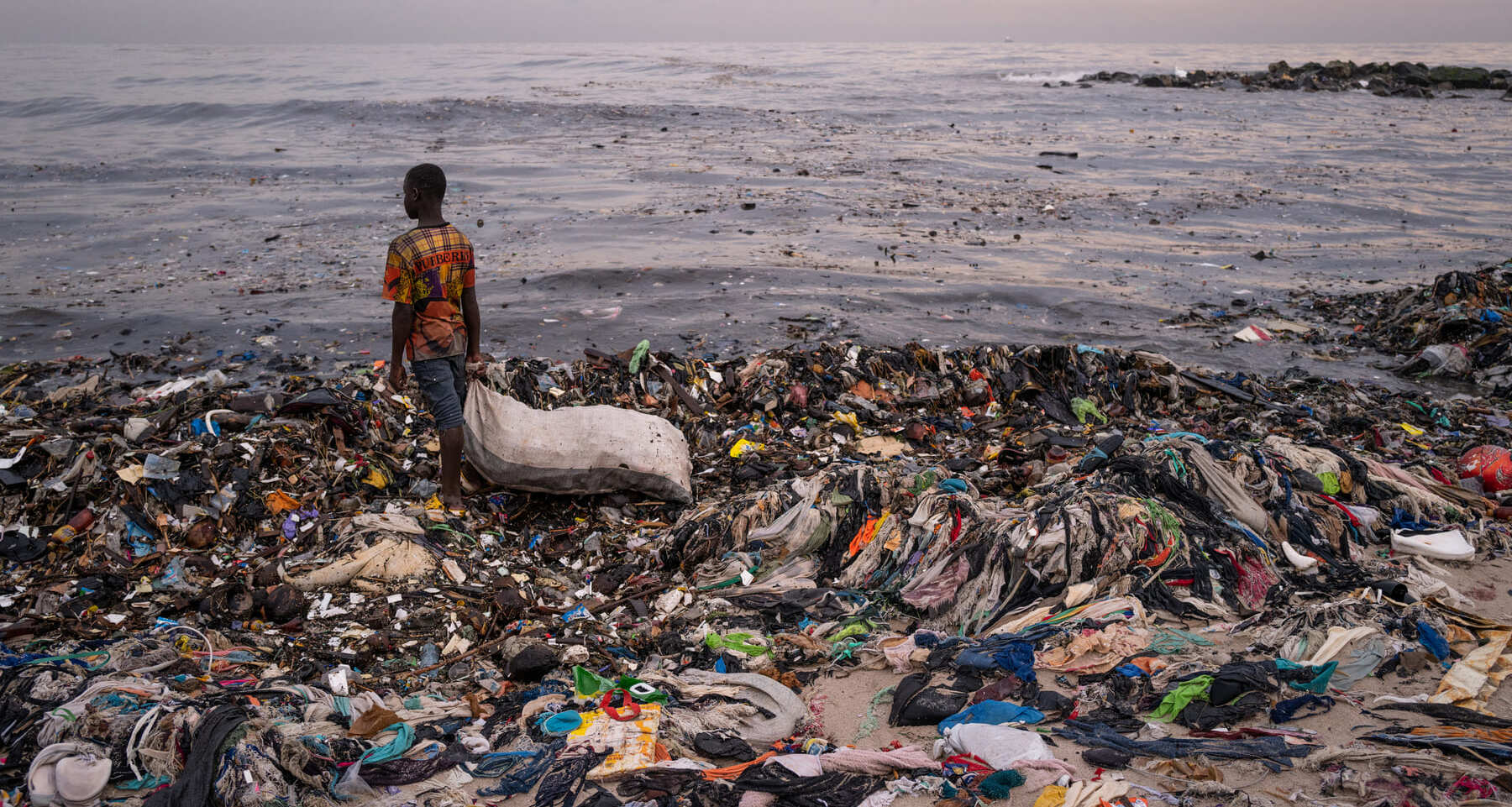It is named after a Congolese researcher and Greenpeace campaigner
Kinshasa, 19 september 2022 – A new species of air-breathing catfish, Clarias monsembulai, has been discovered and scientifically described in the Congo River tributaries within and bordering the Salonga National Park in the Democratic Republic of Congo (DRC). The fish is named in honour of Dr. Raoul Monsembula, biology professor at the University of Kinshasa and the Greenpeace regional coordinator in Central Africa and former oceans campaigner in Senegal.
“The biological richness of the Congo basin rainforest stretches beyond our imagination, so it is hard to imagine how fast we are destroying it,” said Dr. Raoul Monsembula, who collected the type series of the new species. “To be an African scientist today, one has to be an African activist as well – in order to prevent all these known and yet unknown species from going extinct,” added Dr. Monsembula.
With more than 10,000 plant species, 400 species of mammals, 1,000 species of birds and 1250 species of fish, the Clarias monsembulai is the latest addition to the Congo basin forest’s biodiversity after 40 years when no new species of Clarias has been described. It is part of the genus Clarias of air-breathing catfishes, known throughout Africa and tropical Asia with 60 currently recognized species, 31 of which are endemic to African freshwaters.
Lateral view of Clarias monsembulai. © Bernt, Maxwell & Stiassny, Melanie. (2022). A New Species of Air-Breathing Catfish (Clariidae: Clarias) from Salonga National Park, Democratic Republic of the Congo. American Museum Novitates. 2022. 10.1206/3990.1.
Dr. Raoul Monsembula shows peat in the peatland forest around Mbandaka, DRC, as part of ground-level research on vast peatland areas – the world’s most carbon-rich tropical region. Three oil blocks recently auctioned by the DRC government overlap this ecosystem © Daniel Beltrá / Greenpeace
Localities of Clarias monsembulai within the Congo River Basin. © Bernt & Stiassny (ibid)
The Clarias monsembulai is also an addition to over 128 fish species that have already been identified in the Salonga National Park, a UNESCO World Heritage Site and Africa’s largest tropical rainforest reserve. Plans for oil blocks in Salonga National Park have recently been scrapped, but a recent auction of 30 oil and gas blocks in DRC threatens at least 13 protected areas, including the Virunga National Park, another UNESCO World Heritage Site.
“Wherever nature in the DRC is threatened by pollution and extractivism, human communities there are being displaced, impoverished and robbed of their local traditions. We, Homo Sapiens, will never thrive while exterminating all other species,” said Dr. Monsembula. “Researching nature for me is an integral part of the campaign for improving the lives of Indigenous People, local communities and all of us who depend on nature,” he added.
Media Contacts:
Greenpeace Africa Press Desk: [email protected]
Tal Harris, International Communications Coordinator, [email protected], +22178 5366270



